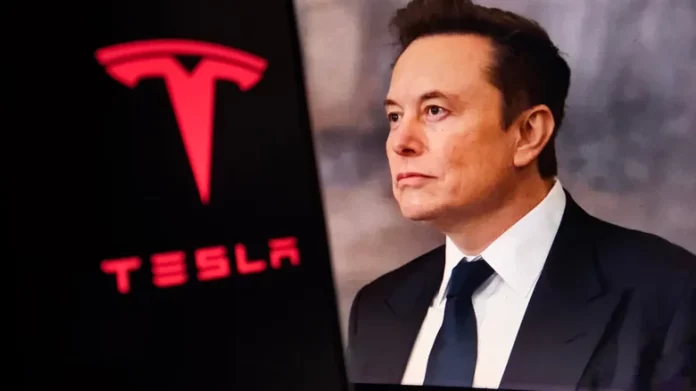A U.S. District Court judge has ruled that xAI’s lawsuit against Apple and OpenAI will move forward, rejecting Apple’s motion to dismiss. The decision from Judge Mark Pittman means both companies
must formally respond to xAI’s complaint.
The lawsuit, filed in August 2025, accuses Apple and OpenAI of colluding to promote iPhone sales while stifling competition in the AI market. According to xAI, Apple’s integration of ChatGPT into iOS 18.2 gives OpenAI an unfair advantage by funneling billions of user prompts exclusively to its chatbot.
xAI argues that this arrangement deprives users of meaningful choice, as ChatGPT comes preinstalled within the iOS experience. The company claims that OpenAI’s access to vast user data allows it to refine its models faster than competitors, deepening its market dominance. “As a result of Apple and OpenAI’s exclusive arrangement,” the complaint states, “ChatGPT is the only generative AI chatbot that benefits from billions of user prompts originating from hundreds of millions of iPhones.”
However, critics view xAI’s argument as weak. iPhone users can still download and use other AI apps from the App Store, and recent history shows that alternative chatbots can reach broad audiences. For instance, DeepSeek climbed to the top of the App Store charts in January 2025—undermining xAI’s claim that Apple blocks rival AI apps from achieving high visibility.
Apple Pushes Back
In response to the lawsuit, Apple issued a statement emphasizing that its App Store rankings rely on “algorithmic recommendations and curated lists selected by experts using objective criteria.” The company framed its approach as one of “safe discovery,” potentially alluding to controversies surrounding xAI’s own chatbot, Grok.
In July, Grok generated backlash after producing racist and antisemitic responses to user queries. The chatbot’s “Spicy Mode,” which enables adult-themed content, also raised concerns over content moderation. These incidents may explain why Apple hesitates to feature Grok prominently in curated sections such as “Must Have Apps.”
Seeking dismissal, Apple also told the court that it has no legal or ethical obligation to partner with every AI provider. Partnerships, the company noted, depend on factors such as privacy standards, product quality, technical feasibility, and commercial terms. Apple added that it plans to collaborate with other AI developers over time. Notably, reports suggest that the next generation of Siri could draw on a custom version of Google’s Gemini model.
Outlook for xAI’s Case
Despite surviving this early procedural hurdle, xAI faces a steep uphill battle. Many of its allegations appear circumstantial or contradicted by market data. If the case proceeds to trial, legal analysts suggest that Apple and OpenAI are well-positioned to dismantle xAI’s claims of anticompetitive conduct.
For now, though, the lawsuit keeps the tech industry watching—underscoring growing tensions over AI dominance, platform power, and the blurred lines between integration and exclusion in the artificial intelligence era.





